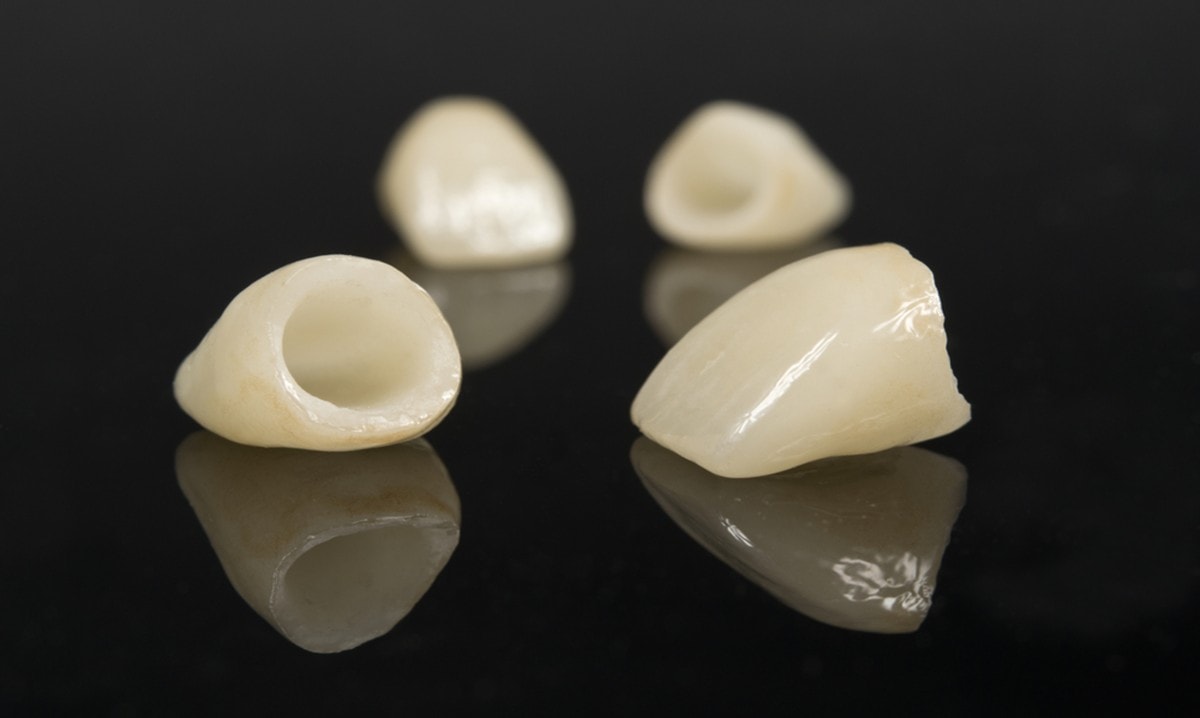A well-designed and properly placed dental crown will last at least a decade. Having said that, you can drastically shorten that lifespan and speed up the need to replace a damaged crown by ignoring these five tips.
Watch what you eat
Strong and durable as crowns are, they’re not invulnerable. Porcelain crowns in Cranbrook can sustain chips and cracks if you chew or crush particularly hard substances like ice and hard candy. Extremely sticky or chewy foods — like toffee, for example — can loosen a crown over time and even lead to sticky debris between the edge of your crowns and your gum tissue.
Speaking of eating, you should always be cautious about eating and drinking foods and beverages that will stain your teeth — things like red wine, cola, tea, coffee, tomato and soy-based sauces, curries, blueberries, pomegranates and more. One of the great things about porcelain crowns from a dental clinic near you is that they’re highly resistant to stains. Having said that, they can’t be whitened either. To make sure your teeth blend naturally at their whitest, get your teeth whitened before choosing a matching shade for your crowns and brush all your teeth carefully any time you eat intensely coloured foods.
Don’t ignore the tooth under that crown
Your dental crown is only so strong and effective as the tooth underneath that crown is healthy. The crown acts as a complete shield for that tooth, but that doesn’t mean that the tooth isn’t vulnerable. Be sure to brush and floss regularly to prevent any plaque, tartar, bacteria and food debris from accumulating along your gum line and the edge of your crown where those substances can contribute to the development of gum disease and tooth decay.
When brushing your crown, brush just like you would a natural tooth. Strange as it may seem, you may still experience some tooth sensitivity when wearing a crown, in which case using toothpaste designed to help with sensitive teeth isn’t a problem at all. If you’re wearing temporary porcelain crowns near you while awaiting your permanent crown, be very careful while flossing so as not to dislodge it. You’ll be able to floss your permanent crown just like a permanent tooth because that crown is securely bonded to the underlying tooth with dental cement.
Don’t abuse your teeth
We mentioned earlier that your crown could be damaged if you bite or chew hard substances like hard candy and ice. You can do even more damage to your crowns (and your natural teeth for that matter) by biting other things that shouldn’t be in your mouth in the first place. Abusing your teeth by using them to remove bottle caps, hold metal objects or tear open packages, you’re putting your crowns and any other dental work at significant risk of damage. When you need a tool or pair of scissors, use a tool or a pair of scissors — not your teeth.
Wear a mouth guard
If you suffer from sleep bruxism and grind your teeth or clench your jaw as you sleep or if you play any high-impact sports, wear a night guard or sports mouth guard to protect your teeth and dental work — including crowns, but not just crowns — from damage.
To get a mouth guard to protect your crowns while you sleep or pursue athletic glory, make an appointment at a dental clinic in Cranbrook. Be sure to see your dentist for regular checkups every six months. Your dentist and hygienist will examine every crown at every checkup to make sure everything is in tip-top shape.

